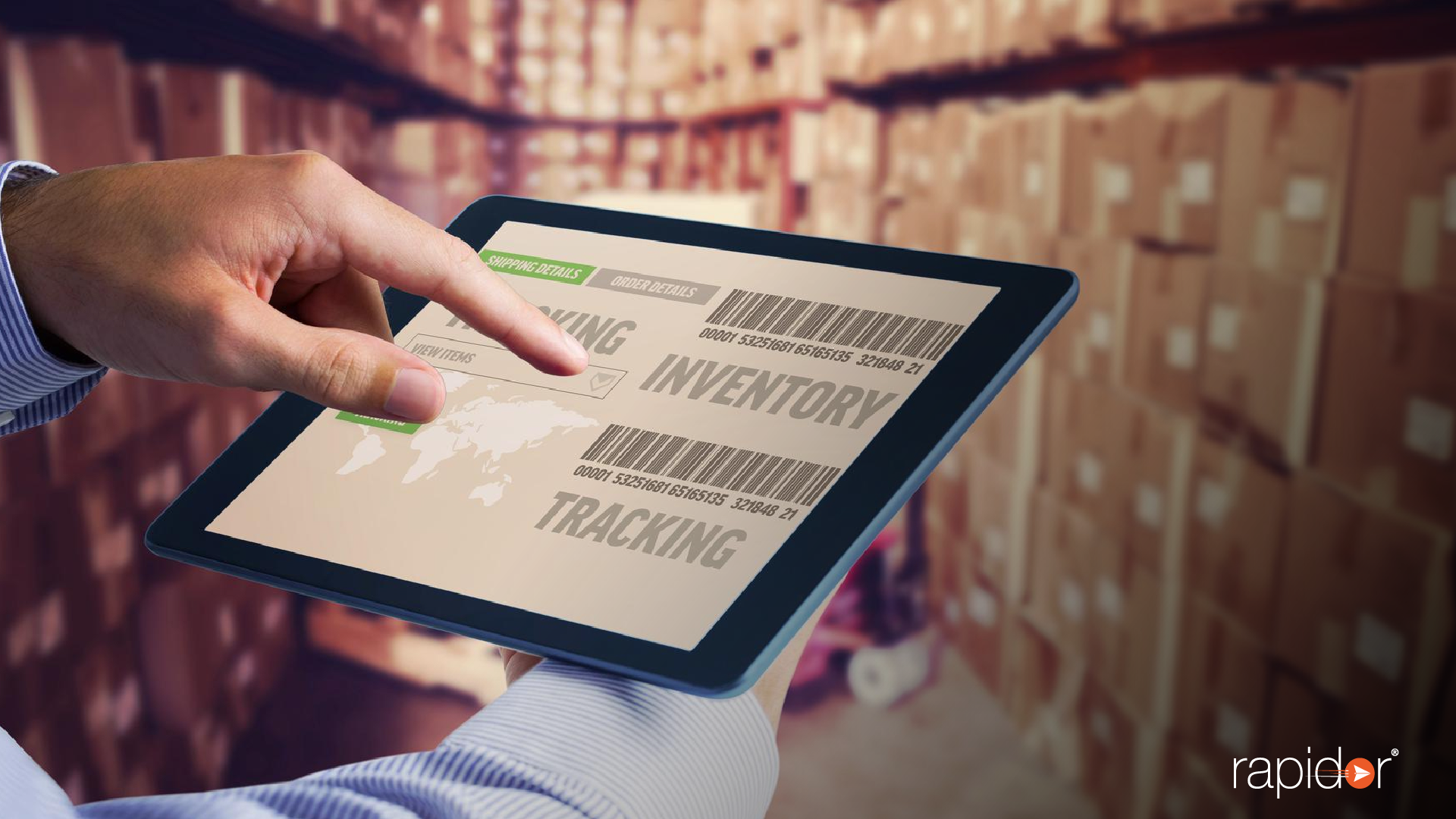In today’s digital age, the business world is evolving at an unprecedented rate. Traditional distribution models, once reliable pillars of commerce, are now facing a wave of challenges and disruptions that threaten the stability of many enterprises. The question in every business owner’s mind is this: Is my company ready to lead the change and embrace modern distribution with a distributor management system?
Imagine you own a small distribution company specialising in regional product deliveries. For years, your business thrived through a network of trusted local distributors. Orders came in steadily, and the system seemed sound.
But as the digital revolution advanced, you couldn’t help but notice the world changing around you. Customers increasingly demanded faster delivery, more personalised options, and the convenience of online ordering. Your trusted distribution partners struggled to keep up, and you found yourself at a crossroads.
This scenario isn’t unique to the distribution industry; it’s a reality many SMEs face. Traditional distribution models, while once effective, are now presenting their limitations.
So, how do you navigate these challenges and stay competitive in an ever-changing landscape? The answer lies in transitioning to a modern distributor management system.
To help you with this task, this blog details the many aspects of distribution management, including:
- What is a distributor management system
- The challenges of traditional distribution models
- How to solve them
- Recommended software for distributors
Before we get too far into it, let’s start with an explanation.
What is a Distributor Management System (DMS)?
In the ever-evolving landscape of the distribution industry, it’s crucial to grasp the fundamental concepts of a Distributor Management System (DMS). These systems are the foundation upon which the modernization of your business will be built. But what exactly is a DMS, and how does it work to transform your distribution operations?
At its core, a Distributor Management System is a software solution designed to streamline and optimise the entire distribution process. It serves as a central hub that integrates various facets of distribution, including an order management system, inventory control, sales tracking, and more.
A DMS acts as the nerve centre of your distribution operations, providing real-time visibility into your inventory, sales, and delivery processes. This level of visibility is essential for efficient decision-making, allowing you to respond promptly to customer demands and market shifts.
Why Transitioning to a Distributor Management System Is Essential for Your Business’s Success
Traditional distribution models, once the bedrock of small and medium enterprises (SMEs), now pose a series of challenges that hinder growth and efficiency. To remain competitive in today’s market, it’s imperative to understand why transitioning to a Distributor Management System (DMS) is not just a choice but a necessity.
What are the Challenges of Traditional Distribution Models?
1. Rapidly Changing Customer Expectations:
In an era of e-commerce and instant gratification, customers demand quicker delivery times, real-time order tracking, and personalization.
As per The Future of Commerce, around 21% of distributors report that e-commerce sales make up 20% to 30% of their total revenues, and this trend is expected to grow further.
Ultimately, the secret to thriving in the era of e-commerce dominance is to remain flexible and adaptable, continuously evaluating the evolving situation and finding new ways to deliver value to your customers.
However, traditional distribution models struggle to meet these expectations, resulting in potential customer loss and reduced satisfaction.
For example, Imagine an online bookstore where customers expect same-day delivery. Without the tools to optimise delivery routes and manage inventory efficiently, your business risks losing customers to competitors who can provide such services.
2. Inventory Challenges:
In the distribution industry, one of the most significant challenges companies face is inventory management.
Traditional distribution often relies on manual inventory management to perform occasional inventory checks to assess the cost, quantity, and quality of their inventory. These checks are recorded on spreadsheets or paper, but these methods have flaws. They are error-prone and don’t offer real-time data.
As a result, inventory often ends up being either overstocked, leading to higher warehousing costs, or understocked, causing customer backorders, delivery delays, and missed sales.
The challenge is to have the right amount of inventory to satisfy customers while keeping costs low. To attain this, distributors need to use efficient inventory management processes.
3. Order Accuracy and Efficiency:
Manual order processing is prone to human error, leading to incorrect shipments, delayed deliveries, and dissatisfied customers. With this, managing the influx of orders and expanding your delivery network becomes chaotic and inefficient.
For instance, your business receives an order for a specific product, but a manual error results in the wrong item being shipped. This not only inconveniences the customer but also necessitates additional shipping and handling costs.
4. The Challenge of Traditional Business Reports
A distribution business in the FMCG sector thrives on data – data about products, regions, sales, and customer preferences. This data is vital for making informed decisions about what to stock, where to deliver, and how to meet consumer demands efficiently.
However, the traditional manual and labour-intensive procedures employed to generate these business reports often hamper efficiency and diminish overall productivity.
Even though vast amounts of data are collected from different sources with various factors, the current system can’t effectively analyse and provide valuable business insights.
What is the Solution to these Challenges?
To address these challenges, a Distributor Management System (DMS) comes into play.
What are the Benefits of a Distributor Management System?

In today’s business landscape, distributor and management system software is indispensable for managing and maintaining the entire business supply chain. It plays a pivotal role in meeting customer demands and market requirements effectively.
Incorporating robust distribution management software leads to enhanced productivity and efficiency in managing the entire supply chain.
Key Advantages of a Distributor Management System:
- Inventory Management: A DMS enables you to maintain precise control over your inventory. You can track stock levels, monitor product movement, and set up automatic reorder points to ensure you never run out of critical items.
- Order Processing: It streamlines the order-to-cash cycle, allowing you to receive and process orders more quickly and accurately. This results in improved customer satisfaction and reduced order errors.
- Sales Management System: DMS provides sales teams with tools to manage customer relationships, track sales performance, and identify growth opportunities.
- Route Optimization: For businesses involved in physical product deliveries, a DMS can optimise routes, reducing fuel costs and delivery time.
- Reporting and Analytics: DMS systems offer robust reporting and analytics capabilities. You can generate insights into sales trends, customer preferences, and overall distribution performance.
- Integration: DMS can integrate with other essential systems like Customer Relationship Management (CRM) software, Enterprise Resource Planning (ERP) systems, and e-commerce platforms.
Now that you know the benefits, step into the future of your industry with a distributor management system.
In the ever-evolving landscape of the distribution industry, one thing is clear – change is not merely a choice; it’s an imperative.
As a business owner, you now stand at a crossroads, much like the SMEs that have ventured into modern distribution before you. The path to success is clear – lead the change, embrace modern distribution, and let a Distributor Management System reshape your operations.
To kickstart your journey, you can use the best-recommended distribution management software, Rapidor, which is more than a solution. It can be your trusted partner on the journey towards modern distribution. So, take the first step towards change today, and let your distribution business thrive in the digital age.


